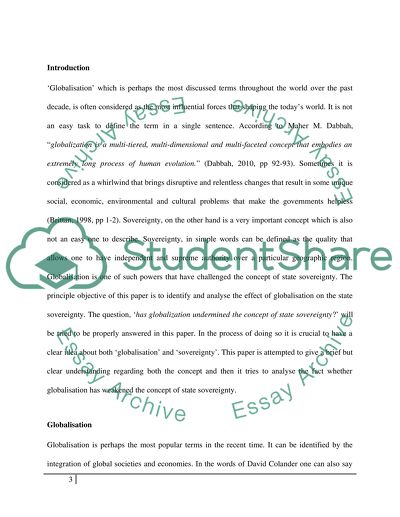Cite this document
(“Introduction to international relations Essay Example | Topics and Well Written Essays - 2000 words”, n.d.)
Retrieved from https://studentshare.org/environmental-studies/1407034-introduction-to-international-relations
Retrieved from https://studentshare.org/environmental-studies/1407034-introduction-to-international-relations
(Introduction to International Relations Essay Example | Topics and Well Written Essays - 2000 Words)
https://studentshare.org/environmental-studies/1407034-introduction-to-international-relations.
https://studentshare.org/environmental-studies/1407034-introduction-to-international-relations.
“Introduction to International Relations Essay Example | Topics and Well Written Essays - 2000 Words”, n.d. https://studentshare.org/environmental-studies/1407034-introduction-to-international-relations.


